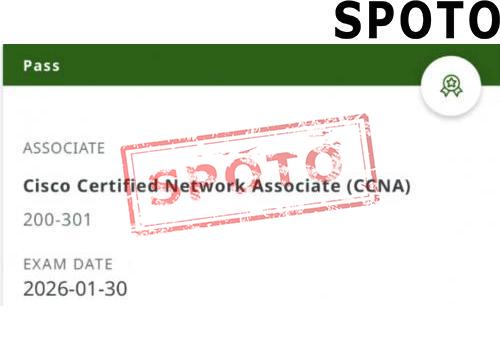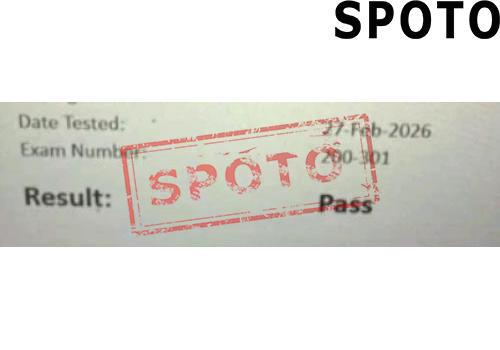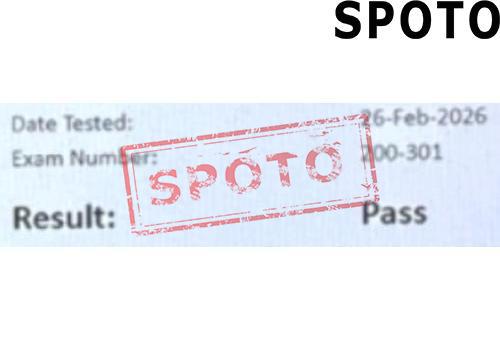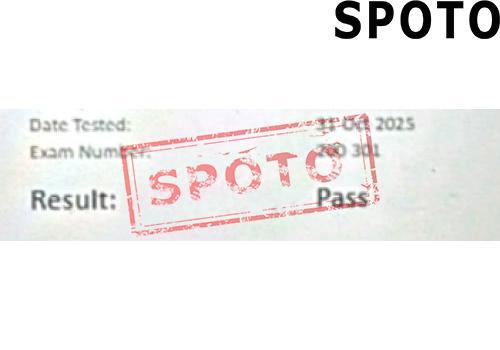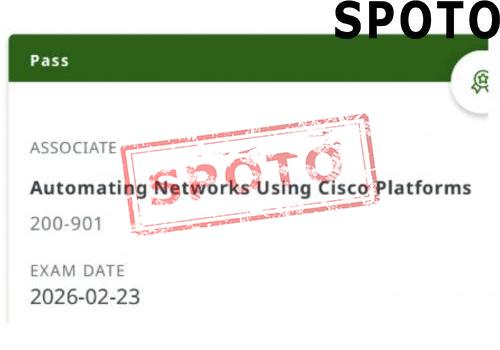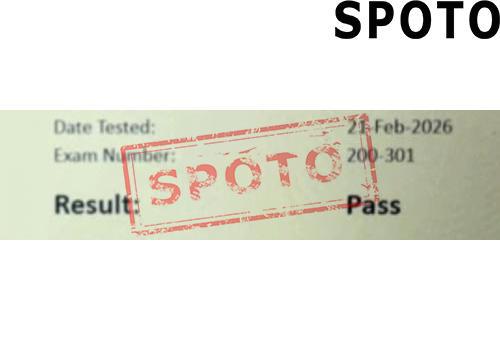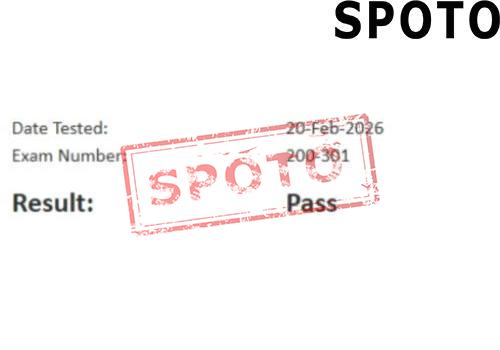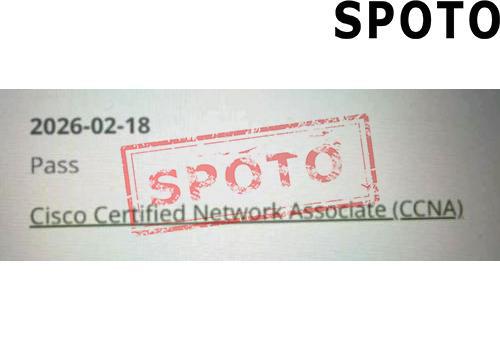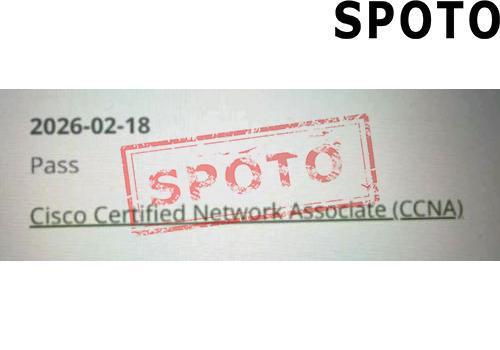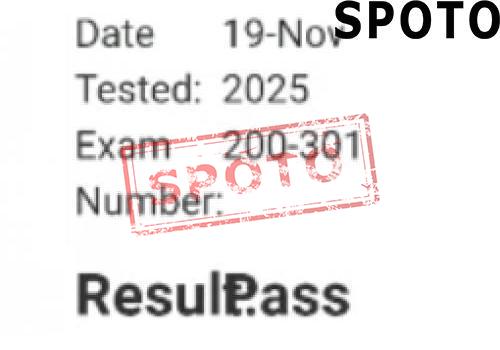
The Cisco Certified Network Associate (CCNA) certification is one of the most recognized credentials in the IT industry. It's often seen as the gateway to a career in networking, providing essential knowledge and hands-on experience in configuring and troubleshooting networks. However, as with any certification exam, the question arises: Is CCNA hard to pass?
The answer depends on several factors, including your prior experience, study habits, and how well you understand networking concepts. In this article, we'll break down what makes the CCNA exam challenging and provide strategies to help you pass on your first try.
Understanding the CCNA Exam
To answer the question of difficulty, it's important to first understand what the CCNA exam entails. The CCNA exam typically tests your knowledge in the following areas:
- Networking Fundamentals: Understanding the OSI and TCP/IP models, IP addressing, and basic protocols.
- Routing and Switching: Configuring and troubleshooting routers and switches, working with dynamic routing protocols like OSPF and EIGRP.
- Network Security: Securing network devices and understanding basic security measures such as ACLs, VPNs, and firewalls.
- Wireless Networking: Basic concepts in wireless networks, including wireless standards and configuring wireless access points.
- IP Services: Configuration of IP addressing, NAT, DHCP, DNS, and other network services.
The CCNA 200-301 exam is the current version, and it requires a good balance of theoretical knowledge and practical skills. While it is a foundational exam, it doesn't go into the depth that advanced certifications like CCNP or CCIE require. However, it's still challenging enough to test your understanding of core networking concepts.
Why Do Some People Find the CCNA Hard to Pass?
There are several reasons why aspiring IT professionals might find the CCNA exam difficult:
1. Broad Range of Topics
One of the reasons why many find the CCNA exam challenging is that it covers a broad range of topics, from routing protocols to network security to wireless networking. You need to grasp a variety of different technologies, which can be overwhelming if you don't have a strong foundation in networking.
You may be well-versed in some areas but struggle in others. For example, subnetting and VLANs are commonly known pain points for candidates. Some may also find configuring routers and switches more complex than expected, especially when dealing with advanced features like OSPF or EIGRP.
2. Hands-On Practice is Crucial
The CCNA exam is not purely theoretical; it requires hands-on practice. You need to be comfortable working with Cisco routers, switches, and command-line interfaces (CLI). Configuration of network devices is a big part of the exam, and if you're not familiar with how to navigate the Cisco CLI or set up network configurations in a lab environment, you might find the exam much more difficult.
Practical skills, such as configuring IP addresses, troubleshooting network issues, and working with routers and switches, require consistent practice. You can't pass the CCNA by just memorizing concepts—you need to apply them in real-world scenarios.
3. Time Management
For many candidates, time management during the exam is a challenge. The CCNA exam is designed to test not only your knowledge but also how quickly you can apply that knowledge. You might know the material, but if you don't manage your time effectively, you could run out of time before completing the exam.
The exam is timed, so it's important to be able to troubleshoot configurations or respond to scenario-based questions quickly and accurately. Candidates who take too long on one section may struggle to finish the entire exam.
4. Newer Candidates May Struggle with Basic Concepts
If you are new to networking, some of the basic concepts may be difficult to grasp. For example, IP addressing and subnetting are essential skills that form the foundation of network configuration. Without a solid understanding of these concepts, other areas of the exam will be much harder to tackle.
Similarly, concepts like network topologies, routing protocols, and LAN/WAN technologies can take time to master. While the exam doesn't dive too deep into advanced topics, you must be able to explain how various protocols work and how to configure and troubleshoot devices.
Tips for Passing the CCNA Exam
Even though the CCNA exam can be challenging, it is definitely possible to pass with the right preparation and approach. Here are some tips to help you succeed:
1. Build a Strong Foundation
Start by thoroughly understanding the basic concepts. Subnetting, IP addressing, and OSI/TCP-IP models are the building blocks of networking. Ensure that you understand how these concepts interact with each other before moving on to more advanced topics.
2. Hands-On Practice Is Key
You can't expect to pass the CCNA by reading theory alone. Make sure you practice configuring routers and switches, working with network protocols, and troubleshooting network issues in a simulated environment. Tools like Cisco Packet Tracer or GNS3 are great for creating virtual labs where you can experiment with different configurations.
If possible, set up a physical home lab with real Cisco devices. Hands-on experience will help you internalize what you've learned and give you confidence in your abilities.
3. Use Quality Study Materials
Make sure you're using high-quality study materials. Cisco Press books are a great resource, as they are written by the creators of the exam. You can also take advantage of video courses from platforms like Udemy or CBT Nuggets, which offer detailed lessons on specific topics.
Join study groups and online communities like Cisco Learning Network and Reddit's r/ccna to discuss difficult concepts, get advice from fellow learners, and find additional resources.
4. Take Practice Exams
Taking practice exams is one of the best ways to prepare for the CCNA. These exams simulate the real test environment, helping you get used to the format and time constraints. Practice exams also allow you to identify areas where you need improvement. Aim to score 85% or higher on practice exams consistently before attempting the real exam.
5. Review and Reinforce Weak Areas
It's common to struggle with certain topics, such as subnetting or routing protocols. If you find yourself struggling with any concept, spend extra time reviewing it. Focus on the areas where you're weakest and reinforce your understanding until you feel confident.
Conclusion: Is CCNA Hard to Pass?
So, is the CCNA hard to pass? The answer depends on your background and preparation. For those with a solid foundation in networking, the CCNA exam may be challenging but manageable. For beginners, it can be more difficult, as it covers a wide range of topics and requires hands-on skills.
However, with the right study plan, hands-on practice, and determination, you can absolutely pass the CCNA exam. Keep a consistent study routine, take advantage of practice exams, and don't be afraid to ask for help when needed. If you stay focused and committed, you can earn your CCNA and take the next step in your networking career.
